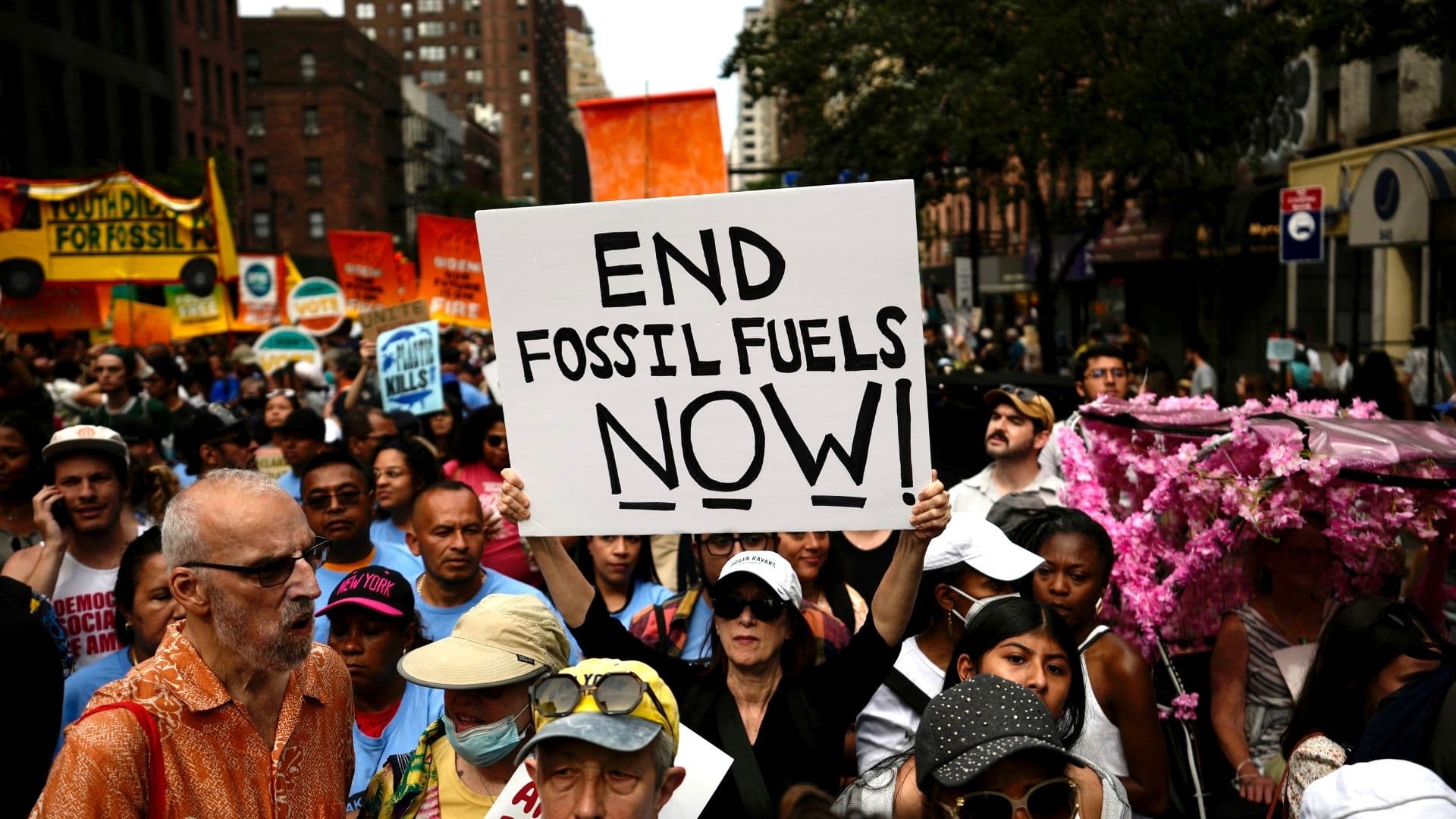BBC Board Member Resigns, Criticises Governance at Public Broadcaster
Shumeet Banerji resigned from the BBC board on Friday citing governance issues and saying he had not been consulted about decisions that led to senior executive departures earlier in November, a move that deepens a leadership crisis at the corporation. The resignation raises fresh questions about oversight, legal exposure and the future of the broadcaster as political scrutiny and calls for reform mount.

Shumeet Banerji stepped down from the BBC board on Friday, saying he had become unhappy at being excluded from discussions around the abrupt exits of the director general and the BBC News chief earlier in November. Banerji, an independent non executive director and former Booz & Company chief executive who sits on several corporate boards, left a few weeks before his four year term was due to end in December.
The resignations and wider internal turmoil followed criticism of a Panorama episode which the BBC later acknowledged had incorrectly edited parts of a 2021 speech by former United States President Donald Trump. That controversy precipitated intense political scrutiny and a threatened multi billion dollar legal claim, amplifying reputational and financial pressure on the publicly funded broadcaster.
The BBC confirmed Banerji’s resignation on Saturday and reiterated that his term was scheduled to end in December. Media reports said his departure was likely to intensify calls for changes in oversight at the corporation, where questions about board governance and executive accountability have now moved to the centre of parliamentary attention.
Banerji’s exit matters beyond internal management. The combination of senior executive turnover, potential litigation in the billions and sustained political pressure raises tangible financial and policy risks. For a broadcaster whose operating model depends on a statutory funding and regulatory framework, heightened scrutiny could translate into closer oversight by the government and by Ofcom the communications regulator. That in turn could affect future funding arrangements and the corporation’s ability to manage legal liabilities and public trust erosion.
From a governance perspective, the situation exposes weaknesses in board consultation protocols and crisis decision making. Independent non executive directors are charged with oversight responsibilities that include safeguarding standards and risk management. Banerji’s complaint that he was not consulted about consequential executive decisions will strengthen calls from commentators and some lawmakers for clearer rules on board processes, transparency around emergency decision making and possibly revised appointment mechanisms.
The reputational costs are measurable though not easily quantifiable. Media companies and broadcasters that face high profile editorial failures typically see audience trust decline and political capital erode. In the BBC’s case, the threat of a multi billion dollar claim elevates the stakes because litigation costs and potential settlements could be material relative to its budgetary envelope, and could complicate any prospective negotiations over long term funding or structural change.
Longer term, the episode highlights broader trends affecting legacy news institutions. Increasing political polarisation, pressures from legal challenges, and the accelerating demand for editorial accountability are forcing public service broadcasters worldwide to bolster governance frameworks and risk controls. For the BBC, restoring confidence will require not only addressing the immediate legal and editorial fallout but also demonstrating clearer board level oversight and engagement with accountability mechanisms.
Banerji’s resignation is likely to sharpen the debate over how the BBC is governed and regulated in an era of heightened scrutiny. With senior leadership already unsettled, the corporation faces a pivotal period in which governance reforms and transparency will be central to any recovery of trust.

